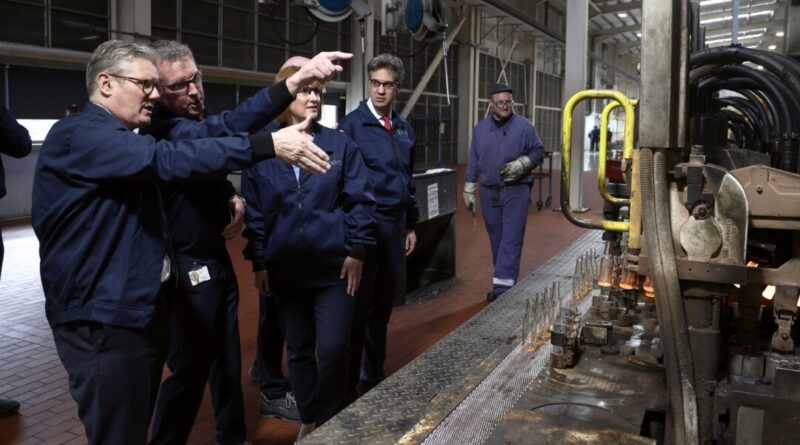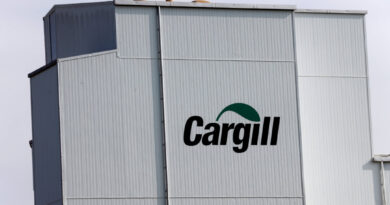Manufacturing Faces Steepest Drop in Business Confidence Since 2020: Survey
The latest GDP figures showed that manufacturing has contracted by 0.6 percent and recorded no growth in the three months to October.
Rising costs have led to the sharpest dip in business confidence among British manufacturers since the onset of the pandemic, research released on Monday suggests.
A survey of 300 companies has found that optimism across the sector is declining owing to rising input and employment costs.
Make UK, a business organisation representing British manufacturers, said that 70 percent of manufacturers have seen their costs already increase by up to a fifth in the last year. Almost one in 10 had seen their costs increase by up to a half, the survey found.
Under the reforms, almost nine in 10 companies will see their business costs increase, the survey said, adding that 44 percent of companies said the increase will be “significant.”
Senior economist at Make UK, Fhaheen Khan, said: “Having faced a cost creep for most of the year, manufacturers are now facing a cost crisis which has brought a sharp dip in their confidence.
“While overall conditions had begun to gradually improve during the year, the Budget has brought this to a shuddering halt, with the substantial increase in National Insurance Contributions potentially the straw that might break the camel’s back for some.”
Rocketing Costs
Policy changes announced by Chancellor Rachel Reeves in October will drive an increase in business costs, taking effect in three phases over the next year.
Khan said there is an urgent need for the government to look at other measures which might mitigate the impact of the rocketing costs faced by businesses.
The largest negative contributions came from pharmaceuticals, machinery and equipment, and chemicals.
Forecasts
The survey highlighted positive order levels and steady investment intentions within the sector. It revealed that export orders outpaced UK orders but projected a reversal in the next quarter, with UK orders expected to account for 8 percent and export orders for 7 percent.
The food and drink sector is set to decline slightly by 0.2 percent this year, followed by a sharper drop of 1.5 percent in 2025. In electronics, the survey predicted a modest growth forecast of 0.9 percent next year.
A flat forecast for growth is expected in electrical equipment manufacturing next year, while motor vehicles are set for a slight contraction in output.
Make UK said it had to revise its sector growth forecasts owing to the addition of employment costs to the existing costs the companies are already facing.
The changes in NIC led to predictions of a 0.2 contraction in manufacturing this year and growth of 0.7 percent in 2025. GDP is forecast to grow by 0.7 percent in 2024 and 1.4 percent in 2025.
Head of manufacturing at the BDO UK accountancy and business advisory firm, Richard Austin, acknowledged the declining optimism across the sector.
“An overlay of a turbulent geo-political landscape and talk of potential tariffs adds to future uncertainty in the short to medium term”, he said.
Austin added that increased investment in improving productivity is “vital now more than ever” for the UK manufacturing sector.





